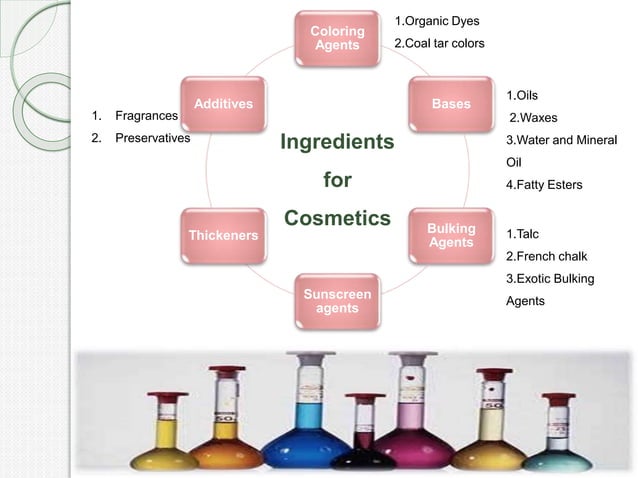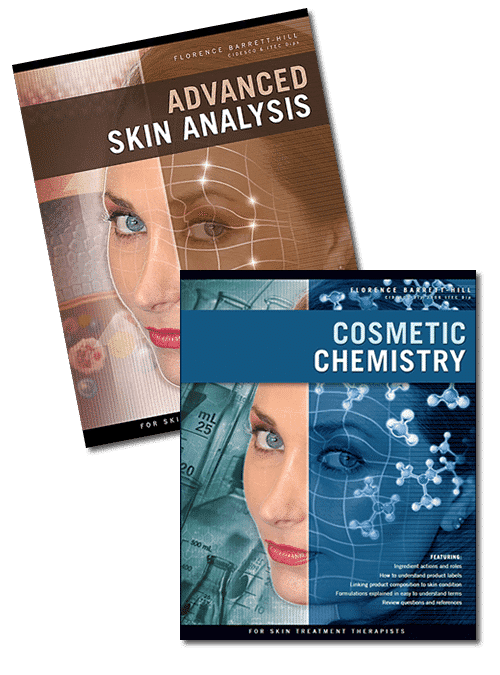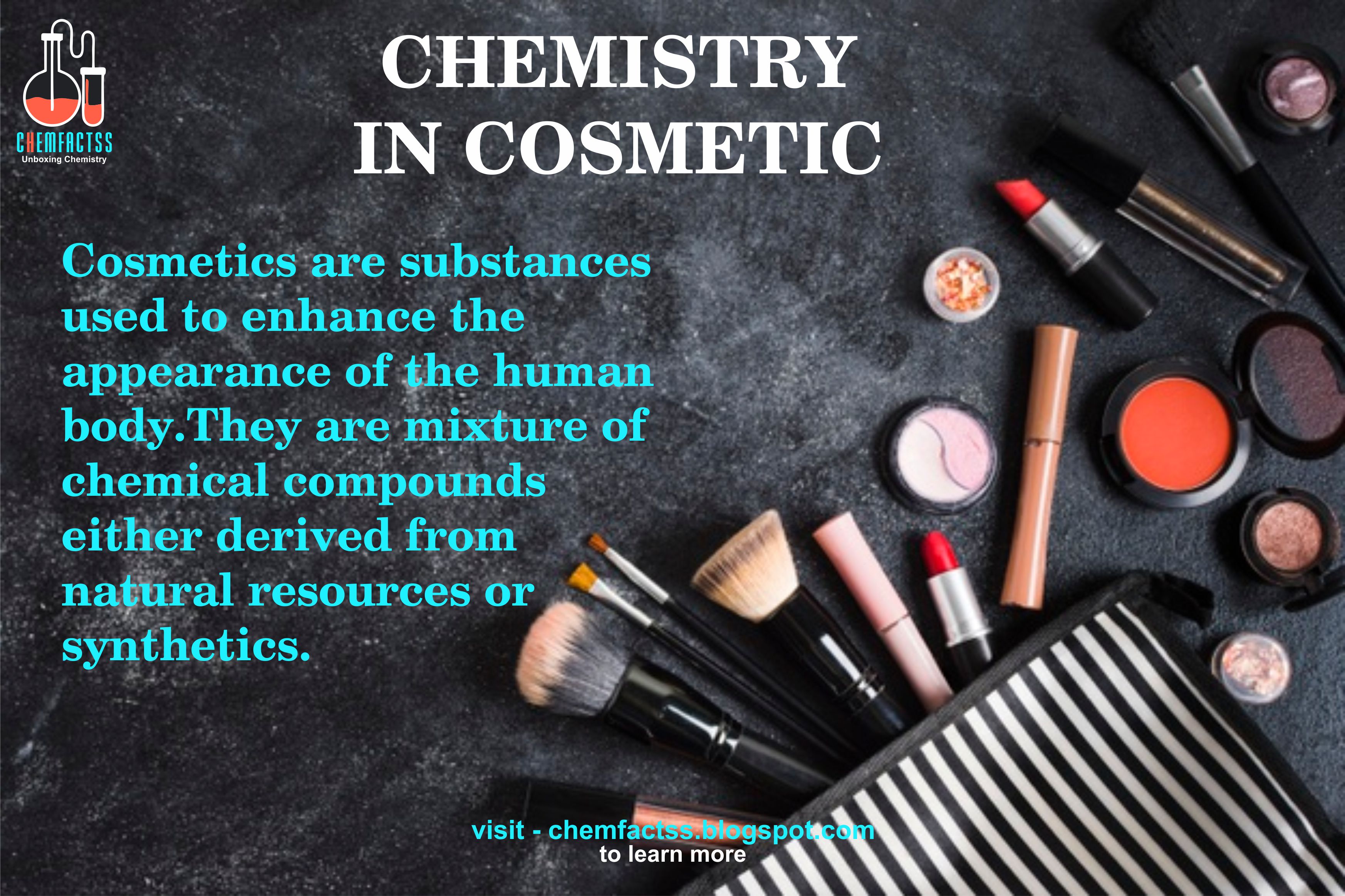Navigating the Realm of Cosmetic Chemistry: A Guide to Finding the Right Expert for Your Needs
Related Articles: Navigating the Realm of Cosmetic Chemistry: A Guide to Finding the Right Expert for Your Needs
Introduction
With enthusiasm, let’s navigate through the intriguing topic related to Navigating the Realm of Cosmetic Chemistry: A Guide to Finding the Right Expert for Your Needs. Let’s weave interesting information and offer fresh perspectives to the readers.
Table of Content
Navigating the Realm of Cosmetic Chemistry: A Guide to Finding the Right Expert for Your Needs

The world of cosmetics is a captivating blend of science, artistry, and consumer desire. It’s a realm where innovation thrives, and the pursuit of beauty and well-being drives relentless research and development. At the heart of this intricate ecosystem lies the cosmetic chemist, a professional who translates scientific principles into tangible, effective, and safe products for consumers.
Finding the right cosmetic chemist can be a crucial step in the journey of developing a successful cosmetic brand or product. Whether you are a seasoned entrepreneur with established brands or an aspiring individual with a groundbreaking idea, securing the expertise of a qualified cosmetic chemist can significantly impact the success of your venture.
The Significance of Cosmetic Chemistry Expertise
Cosmetic chemistry is a specialized field that demands a deep understanding of various scientific disciplines, including:
- Chemistry: The foundation of cosmetic chemistry lies in understanding the chemical properties of ingredients, their interactions, and their potential effects on the skin and hair.
- Biology: Knowledge of skin and hair biology is essential for formulating products that address specific needs and concerns.
- Microbiology: Cosmetic chemists must be familiar with the microorganisms that can contaminate products and develop strategies to prevent their growth.
- Toxicology: Safety is paramount in the cosmetic industry. Cosmetic chemists are responsible for ensuring that products are free from harmful substances and do not pose any health risks.
- Regulation: The cosmetic industry is subject to stringent regulations, and cosmetic chemists must be well-versed in these regulations to ensure compliance.
Beyond Formulating Products: The Role of a Cosmetic Chemist
The role of a cosmetic chemist extends beyond simply mixing ingredients. They are involved in various stages of the product development process, including:
- Idea Generation and Concept Development: Cosmetic chemists collaborate with product developers and marketers to translate market trends and consumer needs into viable product concepts.
- Ingredient Selection and Sourcing: They select ingredients based on their efficacy, safety, and compatibility with other components. They also source ingredients from reliable suppliers who adhere to quality standards.
- Formulation Development: Using their knowledge of chemistry and biology, they design and optimize formulations to achieve desired results, while considering factors like texture, stability, and shelf life.
- Testing and Evaluation: Cosmetic chemists conduct rigorous testing to evaluate the performance, stability, and safety of formulations. This includes laboratory testing and clinical trials to assess the efficacy and tolerability of products.
- Troubleshooting and Problem-Solving: They address any issues that arise during the development process, such as stability problems, formulation inconsistencies, or unexpected reactions.
- Regulatory Compliance: They ensure that products meet all applicable regulations and standards, including labeling requirements and ingredient restrictions.
Identifying the Right Cosmetic Chemist: A Comprehensive Guide
Finding the right cosmetic chemist for your needs requires careful consideration and a systematic approach. Here’s a comprehensive guide to help you navigate the process:
1. Defining Your Needs and Objectives:
- Product Type: Clearly identify the type of cosmetic product you are developing, whether it’s skincare, hair care, makeup, or another category.
- Target Audience: Define your target audience, considering their age, skin type, and specific needs.
- Product Features and Benefits: Specify the desired features and benefits of your product, such as moisturizing, anti-aging, or color correction.
- Regulatory Requirements: Research the specific regulations that apply to your product category and geographical market.
2. Exploring Your Options:
- Professional Networks: Network with individuals in the cosmetic industry, attend industry events, and join relevant online forums to gather recommendations and connect with potential candidates.
- Industry Associations: Organizations like the Society of Cosmetic Chemists (SCC) and the Personal Care Products Council (PCPC) offer resources and directories of qualified cosmetic chemists.
- Online Platforms: Websites like LinkedIn and Indeed can be valuable tools for finding cosmetic chemists with relevant experience and expertise.
- Freelance Marketplaces: Platforms like Upwork and Fiverr connect you with freelance cosmetic chemists who can provide consulting services or complete specific projects.
3. Evaluating Potential Candidates:
- Experience and Expertise: Assess the candidate’s experience in developing similar products and their expertise in relevant areas like skin biology, ingredient chemistry, and regulatory compliance.
- Portfolio and Case Studies: Review their portfolio and case studies to evaluate their past work and the success of their formulations.
- References and Testimonials: Request references from previous clients to gain insights into their work ethic, communication skills, and ability to deliver results.
- Communication and Collaboration: Assess their communication skills and ability to collaborate effectively, as you will be working closely with them throughout the development process.
4. Establishing a Clear Agreement:
- Scope of Work: Define the specific tasks and deliverables that the cosmetic chemist will be responsible for, including formulation development, testing, and regulatory compliance.
- Timeline and Budget: Establish a clear timeline for the project and agree on a budget that reflects the complexity and scope of the work.
- Intellectual Property Rights: Clearly define ownership of intellectual property rights, including formulations, ingredients, and product concepts.
- Confidentiality Agreement: Sign a confidentiality agreement to protect sensitive information and trade secrets.
FAQs by Find a Cosmetic Chemist
Q: What qualifications should I look for in a cosmetic chemist?
A: Ideally, a cosmetic chemist should hold a bachelor’s or master’s degree in chemistry, biochemistry, or a related field. They should also have experience in the cosmetic industry and possess a strong understanding of relevant regulations and safety standards.
Q: How much does it cost to hire a cosmetic chemist?
A: The cost of hiring a cosmetic chemist can vary significantly depending on their experience, expertise, and the scope of the project. It’s essential to obtain quotes from multiple candidates and compare their fees based on the specific needs of your project.
Q: What are the key factors to consider when choosing a cosmetic chemist?
A: Consider the candidate’s experience, expertise, communication skills, and ability to collaborate effectively. It’s also crucial to ensure that they have a strong understanding of regulatory requirements and safety standards.
Q: How can I ensure the confidentiality of my product ideas and formulations?
A: Sign a confidentiality agreement with the cosmetic chemist before disclosing any sensitive information. You can also consider using a non-disclosure agreement (NDA) to further protect your intellectual property.
Q: What are the common challenges faced by cosmetic chemists?
A: Cosmetic chemists face challenges related to ingredient sourcing, regulatory compliance, consumer demand for natural and sustainable ingredients, and the need to keep up with emerging trends and technologies.
Tips by Find a Cosmetic Chemist
- Start early: Begin the search for a cosmetic chemist well in advance of your project deadline to allow ample time for evaluation and selection.
- Be specific with your requirements: Clearly define your product goals, target audience, and budget to narrow down the search and identify the most suitable candidates.
- Conduct thorough due diligence: Carefully evaluate the candidate’s experience, expertise, and track record to ensure that they have the necessary skills and knowledge to meet your needs.
- Build a strong relationship: Foster open communication and collaboration with the cosmetic chemist to ensure a successful and productive working relationship.
Conclusion by Find a Cosmetic Chemist
Finding the right cosmetic chemist is a critical step in the development of any successful cosmetic product or brand. By carefully considering your needs, exploring your options, and conducting thorough due diligence, you can identify a qualified professional who can help you translate your vision into a safe, effective, and marketable product.
The expertise of a cosmetic chemist is invaluable in navigating the complex world of cosmetic chemistry and ensuring that your product meets the highest standards of quality, efficacy, and safety. By investing in the right expertise, you can pave the way for a successful and sustainable journey in the dynamic world of cosmetics.








Closure
Thus, we hope this article has provided valuable insights into Navigating the Realm of Cosmetic Chemistry: A Guide to Finding the Right Expert for Your Needs. We thank you for taking the time to read this article. See you in our next article!